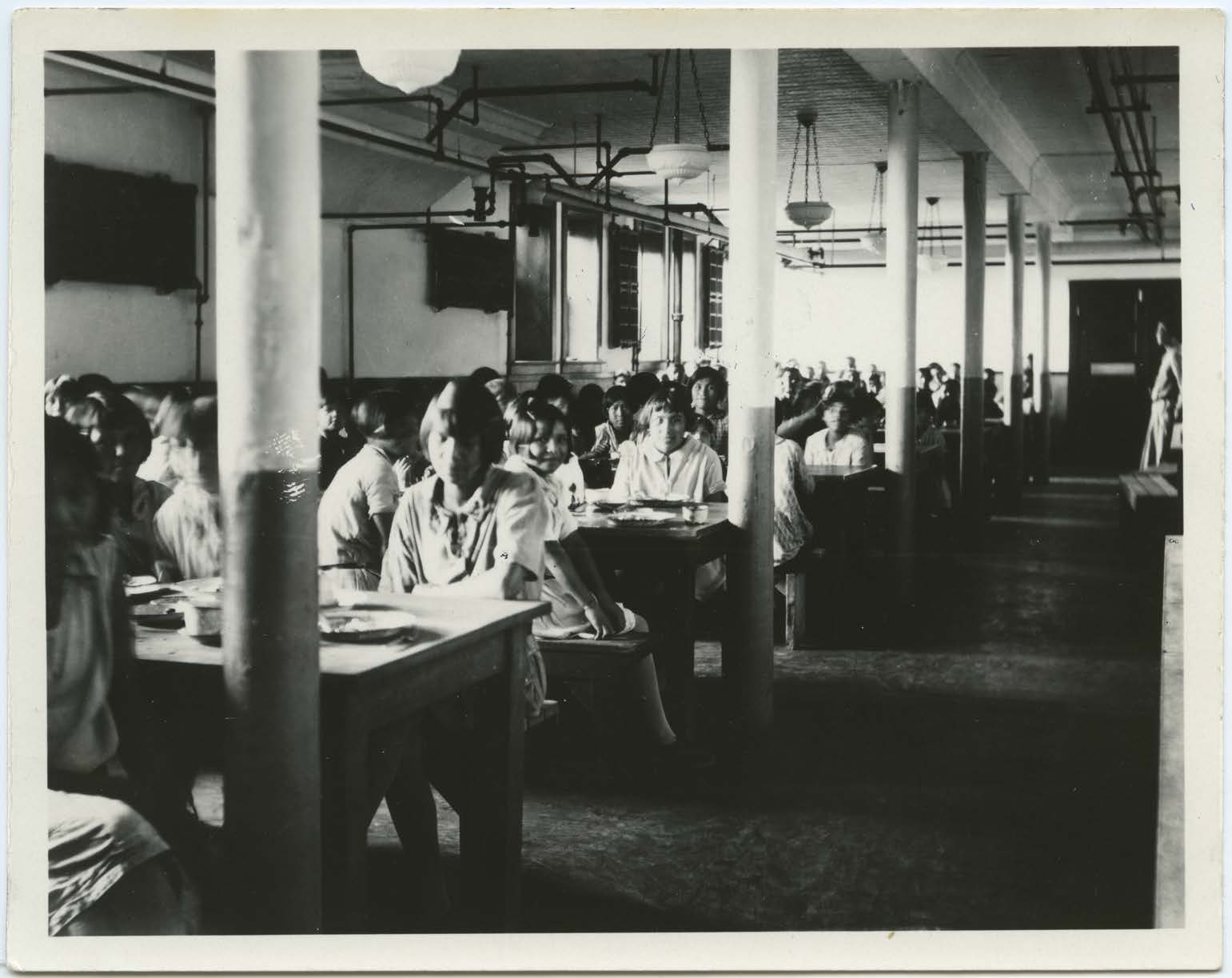NCTR to collaborate with the Oblates to access residential school records

The National Centre for Truth and Reconciliation (NCTR) and the Missionary Oblates of Mary Immaculate today announced further collaboration that will grant the NCTR full access to critical residential school records in the Oblate archive in Rome, Italy.
The Oblates operated 48 residential schools in Canada, including the Marieval Indian Residential School in Cowessess First Nation and Kamloops Indian Residential School in Tk’emlúps te SecwépemcFirst Nation where unmarked graves have recently been identified.
“This offer from the Oblates of Mary Immaculate to provide copies of records to the NCTR in order to make them available to all Survivors, their families, and all Canadians, is a representation of true reconciliation,” said NCTR Executive Director Stephanie Scott. “This collaboration between the NCTR and the Oblates is the start of a path we are forging together through engagement, dialogue, and meaningful conversations.”
This sentiment was echoed by the Oblates, who emphasized their commitment to transparency in terms of releasing materials that may lead to the identification of missing children or other historically significant information related to residential schools.
“The Oblates hope that any relevant files might contribute to a greater understanding of our shared history and contribute to the important work of reconciliation,” said Father Ken Thorson of OMI Lacombe.
Certain historical documents could be housed at the Oblate’s General House Archive in Rome. These might include letters written by early Oblate missionaries to Oblate leaders in France or Rome.
“At this point, no one has identified what specific materials might be relevant,” said Father Thorson, indicating that OMI Lacombe Canada and Notre Dame du Cap leadership are working with the Oblate Administration in Rome to find an appropriate third-party process to clarify if any such documentation resides there and what information it might contain.
“As part of our ongoing collaboration with them, we are looking to the NCTR for guidance in the development of this process,” he added.
These types of records are a critical component of the process that communities are currently undertaking to search former residential school sites and may help to better understand the historical context of unmarked graves.
“The sharing of information is key,” said Scott. “We currently hold almost 7,000 Survivor statements and over five million records and are committed to finding all residential school records no matter where they are located or how long it takes.”
“With the ongoing discoveries of unmarked graves and finding our children, there is a willingness to share the truth now. We are grateful that Survivors, their families, and their communities will now be able to honour and remember the children who never returned home, and all Canadians can learn the full history,” concluded Scott.
For more information:
NCTR: media@mediastyle.ca
OMI Lacombe Canada Province: information@omilacombe.ca
Notre‐Dame‐du‐Cap Province : provincial@omiquebec.com
